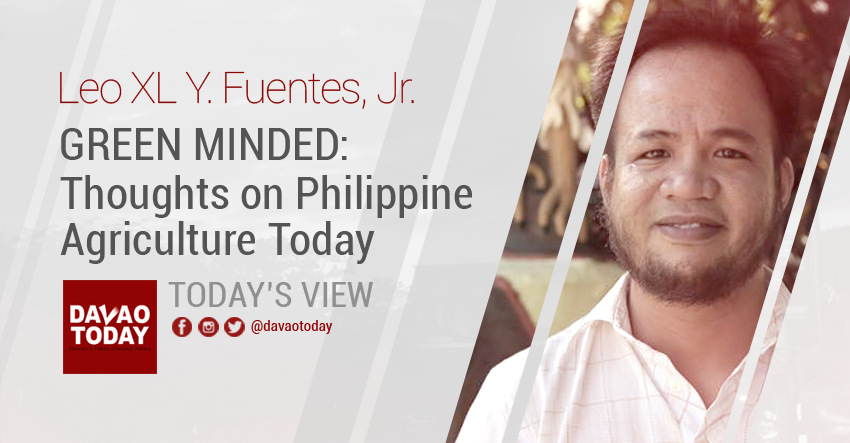Food insecurity among our people is not about the question on the amount of food to be produce but rather the lack of equitable access.
A recent study presented by the Philippine Rice Research Institute (PhilRice) concluded that the implementation of the Tax Reform Acceleration and Inclusion (TRAIN) law reduced rice farmers’ income by around 10%. I hate to say this on the risk of sounding arrogant but — we told you so!
We can vividly remember this administration’s campaign promise in February 2016 to provide food for every household across classes. However, as for how to fulfill such promises is another thing. With much certainty, Piñol’s PR circus cannot solve this.
One of the challenges that confront most of us during the Holiday season is having some leftover foods piling up in our fridge.
The people who lost their lives just wanted to defend their land
In 1945, the United Nations Food and Agriculture Organization (UNFAO) declared October 16 as “World Food Day.” Seventy-two years from such declaration, food remains elusive for millions of people worldwide, especially in countries that are colonies and neo-colonies like the Philippines.
One of the problems that confront our farmers is the lack of post-harvest facilities, from the very staple rice and corn to a more complex and highly perishable vegetables and even meat storage and processing.
Earlier this week our network Magsasaka at Siyentipiko para sa pag-unlad ng Agrikultura’s Mindanao branch (MASIPAG Mindanao) successfully concluded its 13th Regional Assembly at the Lantaw Bukid Farm Resort in Tugbok District, Davao City.
The appointment of a farmer to one of the highest post in the Duterte administration was unprecedented. Rafael Mariano a farmer-leader and a former legislator who took office on June 30, 2016 as Secretary of the Department of Agrarian Reform (DAR).
As our agriculture program focuses more on “cash crops” the local food crops will become marginalized

